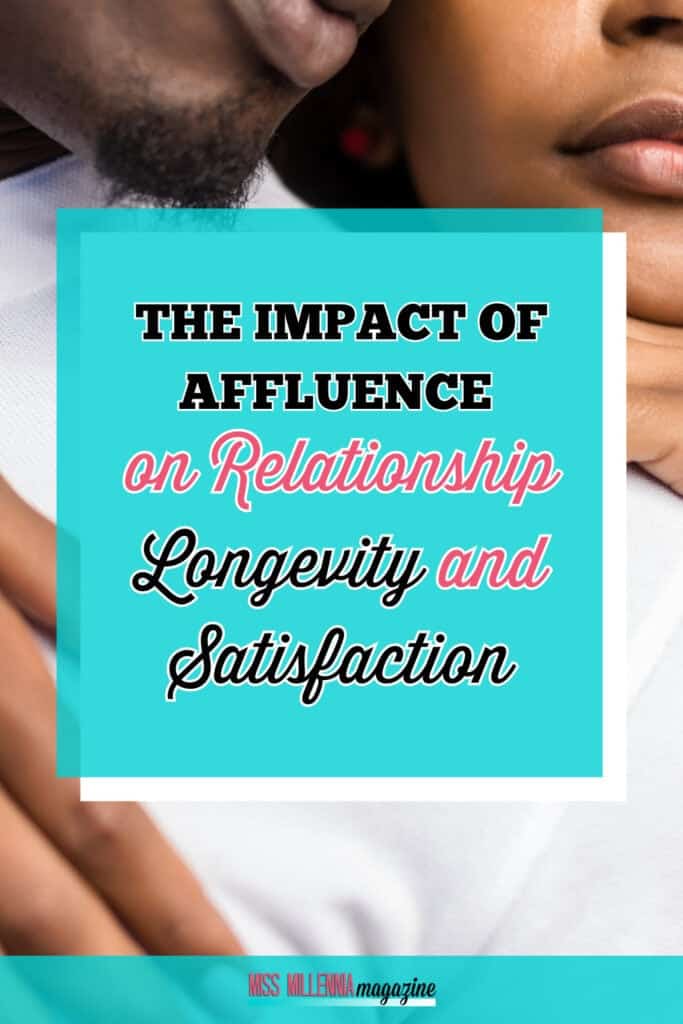The Impact of Affluence on Relationship Longevity and Satisfaction

Harvard Study on Happiness
The Harvard Study on Happiness, an 80-year longitudinal investigation, provides crucial insights into the role of relationships in overall life satisfaction. The findings indicate that close relationships substantially impact happiness more than financial wealth or fame. These relationships serve as a buffer against life’s challenges, contribute to delayed mental and physical decline, and are more predictive of longevity and happiness than demographic factors such as social class, IQ, or genetic makeup.
Relationship Satisfaction and Parenting
A separate cross-sectional study examined relationships from the perspective of individuals transitioning into parenthood. This research identified a typical decline in relationship satisfaction following the birth of a child. Despite this decrease, recovery in satisfaction levels often occurred over time. The adjustment period following childbirth reflects the challenges and adaptations required in romantic partnerships, which speaks to the dynamic nature of relationship satisfaction over time.
Family Impact of Affluence and Life Satisfaction
Studies across multiple countries underscore the link between family affluence and life satisfaction. The strength of the relationship varies significantly between countries, depending on income distribution inequality. In nations with more significant disparities in income, higher family affluence is strongly associated with life satisfaction. This suggests that economic resources can alleviate stress and improve life satisfaction.

Additionally, a study indicated that finding affluent partners is not just for sugar babies. Most people are interested in affluent partners because it shows competence and that someone has their life together. This observation connects the perception of affluence with desired personal characteristics such as competence and stability.
Happiness, Life Satisfaction, and Health
Research consistently shows a mutual influence between happiness and life satisfaction. Individuals experiencing higher happiness levels report greater life satisfaction, and vice versa. Various socioeconomic factors influence this bidirectional relationship, including income, race, and ethnicity. The implications of these interactions suggest that efforts to enhance individual well-being should consider these intersecting factors.
Marital satisfaction extends its beneficial effects on mental health. Individuals in happy marriages report stable moods even during physical pain episodes, while those in unhappy marriages suffer more emotionally and physically. This connection emphasizes the protective role of marital satisfaction against the dual burdens of physical and emotional distress.
Furthermore, strong social support networks offer significant protective effects against mental deterioration with aging. Women feeling securely attached to their partners are less likely to experience depression, maintain happier relationships, and show better memory functions over time. These findings highlight the importance of nurturing secure attachments and maintaining strong social connections throughout aging.
Loneliness and Mortality
Loneliness significantly impacts mortality, with studies suggesting its effects are comparable to smoking or alcoholism. Individuals maintaining warm relationships live longer and report higher happiness than those experiencing social isolation. The correlation between loneliness and mortality underscores the critical nature of social relationships in determining life span and quality of life.
Researchers have also identified that individuals enjoying better health and longevity tend to avoid smoking and excessive alcohol consumption. This trend indicates that lifestyle choices play a significant role in aging healthily, starting from early life stages. The longitudinal data underscores the importance of conscious health decisions in laying a foundation for better aging outcomes.
These findings underscore the essential role of social relationships, marital stability, and secure attachments in achieving higher life satisfaction and longevity. While affluence may provide certain advantages, the quality of personal connections and lifestyle choices predominantly determine individual well-being and life expectancy.






